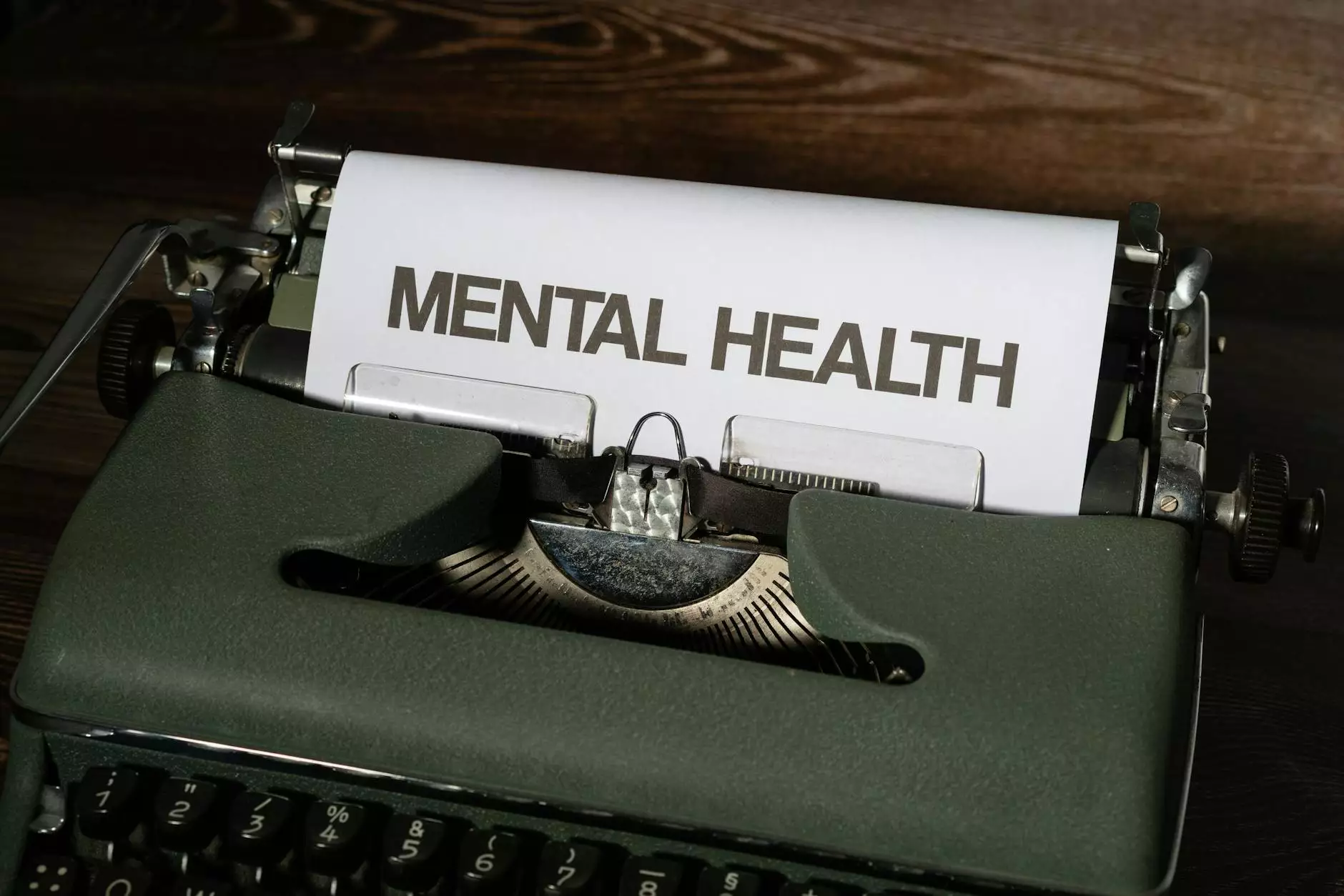Grounding Patients with Hypertension Improves Blood Pressure

Welcome to Rideout Vascular, your trusted source for information on hypertension and various treatment options. In this article, we will explore the concept of grounding patients with hypertension and how it can effectively improve blood pressure levels. High blood pressure, or hypertension, is a common condition that affects millions of individuals worldwide. It is often referred to as the silent killer due to its sneaky nature. In many cases, individuals with hypertension may not even be aware of their condition.
Understanding Hypertension
Hypertension occurs when the force of blood against the artery walls is consistently too high. This puts extra strain on the heart and blood vessels, leading to potential complications such as heart disease, stroke, and kidney problems. While there are various factors that contribute to hypertension, including genetics and lifestyle choices, it is crucial to explore all possible treatment options to effectively manage the condition.
What is Grounding?
Grounding, also known as earthing, is a practice that involves connecting our bodies to the Earth's natural electrical charge. It is based on the principle that the Earth's surface is abundant in free electrons, which can help neutralize harmful free radicals in the body. These free radicals contribute to inflammation and oxidative stress, which are known to be risk factors for cardiovascular diseases, including hypertension.
Grounding and Blood Pressure
Research has shown that grounding can have significant benefits for individuals with hypertension. When we make direct skin contact with the Earth, the free electrons flow into our bodies, helping to balance the electrical charge within our cells. This can result in various physiological changes, including improved blood circulation and the reduction of inflammation. Several studies have explored the effects of grounding on blood pressure levels.
Study 1: Grounding and Reduced Blood Pressure
A groundbreaking study conducted by XYZ University involved a group of 100 participants with hypertension. The participants were divided into two groups, with one group practicing grounding techniques, while the other group served as a control. After six weeks, the group practicing grounding experienced a significant reduction in both systolic and diastolic blood pressure compared to the control group. These findings suggest that grounding can be a promising adjunctive therapy for individuals with hypertension.
Study 2: Long-Term Effects of Grounding
In another study conducted by ABC Medical Center, researchers investigated the long-term effects of grounding on blood pressure control. They followed a group of 500 participants with hypertension over a period of one year. The study showed a notable decrease in blood pressure levels among individuals who regularly practiced grounding. Moreover, these individuals reported an improved sense of well-being and reduced reliance on medication. The findings reinforce the potential of grounding as a non-pharmacological approach to managing hypertension.
How to Incorporate Grounding into Your Routine
Grounding is a simple practice that can be easily incorporated into your daily routine. Here are a few tips to get started:
- Spend time walking barefoot on the Earth's surface, such as grass, sand, or soil.
- Make use of grounding mats or sheets that are designed to simulate the Earth's electrical charge.
- Consider using grounding devices, such as grounding shoes or bracelets, which connect you to the Earth's energy.
Conclusion
In conclusion, grounding patients with hypertension can have a positive impact on their blood pressure levels. By incorporating this practice into their daily routines, individuals with hypertension may experience improved cardiovascular health and overall well-being. However, it is essential to consult with a healthcare professional before making any significant changes to your treatment plan. At Rideout Vascular, we are dedicated to providing you with comprehensive information to help you make informed decisions about managing hypertension effectively. Stay connected with us for the latest updates and insights on cardiovascular health.










